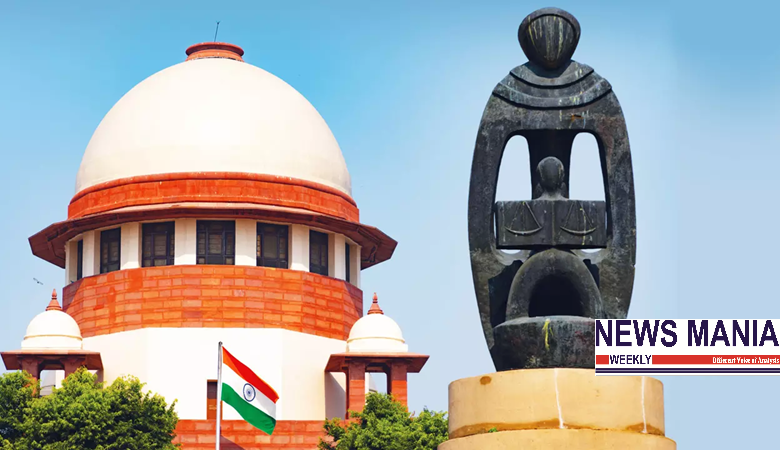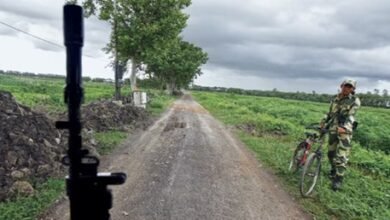Supreme Court Challenges 2017 Blood Donation Guidelines Excluding Transgenders and Gay Men

News Mania Desk/Agnibeena Ghosh/2nd August 2024
The Supreme Court has issued a notice to the Indian government concerning a plea challenging the 2017 guidelines that exclude transgender persons, men who have sex with men (MSM), and female sex workers from donating blood. This significant legal move questions the legitimacy of these guidelines that have long been criticized for being discriminatory.
Chief Justice DY Chandrachud, leading the bench, has called upon the Union government, the National AIDS Control Organisation, and the National Blood Transfusion Council to respond to the plea. Activist Sharif D Rangnekar filed the petition, seeking to overturn the existing rules that prevent certain groups from contributing to the national blood supply.
Implemented in 2017, these guidelines permanently bar transgender individuals, MSM, and female sex workers from donating blood. The reasoning behind this exclusion is the perceived higher risk of HIV, hepatitis, and other Transfusion Transmissible Infections (TTIs) within these populations. However, critics argue that such blanket exclusions are not only discriminatory but also outdated, failing to consider advances in screening and testing that can ensure the safety of blood donations from all individuals.
The Supreme Court’s notice signifies a critical step towards re-evaluating these guidelines. By challenging the current regulations, Rangnekar’s plea highlights the need for more inclusive policies that do not unjustly stigmatize entire communities. The court’s involvement suggests a potential shift towards recognizing the rights of transgender people, gay men, and sex workers to participate in blood donation, provided they meet the same safety standards as other donors.
The issue at hand is complex, balancing the need for safe blood supplies with the principles of equality and non-discrimination. Modern medical practices have significantly improved the ability to screen for infections, reducing the risk of contaminated blood entering the supply. Advocates argue that with rigorous testing protocols, there is no justification for excluding entire groups based on their identity or sexual behavior.
Rangnekar’s challenge brings to light the broader issue of systemic discrimination faced by marginalized communities. The 2017 guidelines not only prevent potentially healthy individuals from donating blood but also reinforce harmful stereotypes and stigma. By addressing this matter, the Supreme Court has the opportunity to set a precedent for more equitable health policies.
The outcome of this legal challenge could have far-reaching implications for public health policy and the rights of marginalized groups in India. Should the court rule in favor of the petition, it may prompt a review of other exclusionary practices and lead to more inclusive health guidelines. This would not only enhance the blood donation system but also promote a more just society.
The government’s response to the Supreme Court’s notice will be crucial in determining the future of these guidelines. If changes are made, it will be a significant victory for activists and advocates of LGBTQ+ rights and sex worker rights, signaling a move towards greater acceptance and equality.
In the meantime, the dialogue sparked by this case continues to highlight the importance of inclusivity and fairness in health policies. It serves as a reminder that public health measures must evolve to reflect current scientific understanding and societal values, ensuring that no one is unjustly excluded from contributing to vital community resources like blood donation.






